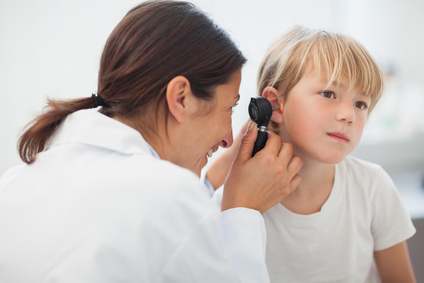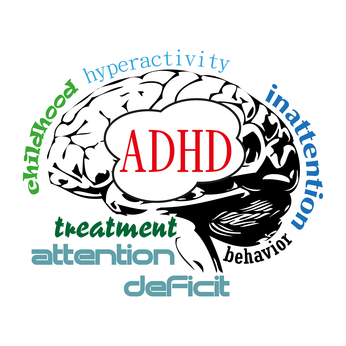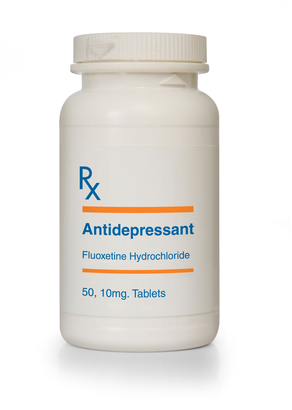 If you have a cold or sinus infection, using a neti pot is one of the best things you can do to relieve your congestion and infection. You’re probably wondering, though, “How do I use a neti pot?”
If you have a cold or sinus infection, using a neti pot is one of the best things you can do to relieve your congestion and infection. You’re probably wondering, though, “How do I use a neti pot?”
Salt is anti-microbial, so it’ll help kill the virus causing your cold and the bacteria giving you an infection. My doctor in New Orleans told me a long time ago that gargling with warm salt water is one of the best things you can do for your cold, and he was not wrong.
Salt is also very drying. That’s why we put it on eggplant and squash to dry them out before roasting. It pulls out the moisture in these vegetables, and it does the same for your nose and sinus cavities.
There are a couple of caveats to using a neti pot. One is that using it can cause a sharp sting in the sinus cavities in your forehead, like the kind you got when you were a kid in the swimming pool and breathed in too much water too fast.
The other caveat is that you MUST boil the water in a cooking pot and then let it cool down before using it. Boiling it will kill brain-eating amoebas and other nasty pathogens hanging out in your drinking water.
I don’t bother with buying the special salts sold with neti pots because they are a rip off. All you need is a good sea salt or land salt, and you’re good to go.
What about you? Have you tried one before?
 Have you or your child ever had tremendous ear pain when flying because of blocked sinuses, cold or ear infection? I have, and it is excruciatingly painful! I swear one of my eardrums hasn’t been the same since then.
Have you or your child ever had tremendous ear pain when flying because of blocked sinuses, cold or ear infection? I have, and it is excruciatingly painful! I swear one of my eardrums hasn’t been the same since then.
 Did you know that most, if not all, school shootings were performed by children on some type of anti-depressant or other psychological medication?
Did you know that most, if not all, school shootings were performed by children on some type of anti-depressant or other psychological medication? You may or may not know my personal recovery story. I have recovered my 2 sons, now ages 5 and 7, from sensory processing disorder (SPD), asthma, allergies, acid reflux and eczema with a biomedical approach, which means correcting nutritional and hormonal deficiencies, removing toxicities and correcting gut dysbiosis.
You may or may not know my personal recovery story. I have recovered my 2 sons, now ages 5 and 7, from sensory processing disorder (SPD), asthma, allergies, acid reflux and eczema with a biomedical approach, which means correcting nutritional and hormonal deficiencies, removing toxicities and correcting gut dysbiosis. I became severely stressed when I began taking care of my two boys without any help because that’s when my older son’s sensory issues and “fight, fright or flight” issues really kicked in.
I became severely stressed when I began taking care of my two boys without any help because that’s when my older son’s sensory issues and “fight, fright or flight” issues really kicked in.  Having a son with a developmental delay was very hard on me. He didn’t walk until he was 20 months old.
Having a son with a developmental delay was very hard on me. He didn’t walk until he was 20 months old. Gut dysbiosis — this topic is the motherlode. It’s one of the two core (in my opinion) reasons for the explosion of chronic childhood illnesses we see today.
Gut dysbiosis — this topic is the motherlode. It’s one of the two core (in my opinion) reasons for the explosion of chronic childhood illnesses we see today.
 Having a son with a developmental delay was very hard on me. He didn’t walk until he was 20 months old. This was extremely hard for me because he didn’t walk until 3 weeks before his little brother was born, and I was having to carry him everywhere.
Having a son with a developmental delay was very hard on me. He didn’t walk until he was 20 months old. This was extremely hard for me because he didn’t walk until 3 weeks before his little brother was born, and I was having to carry him everywhere.

